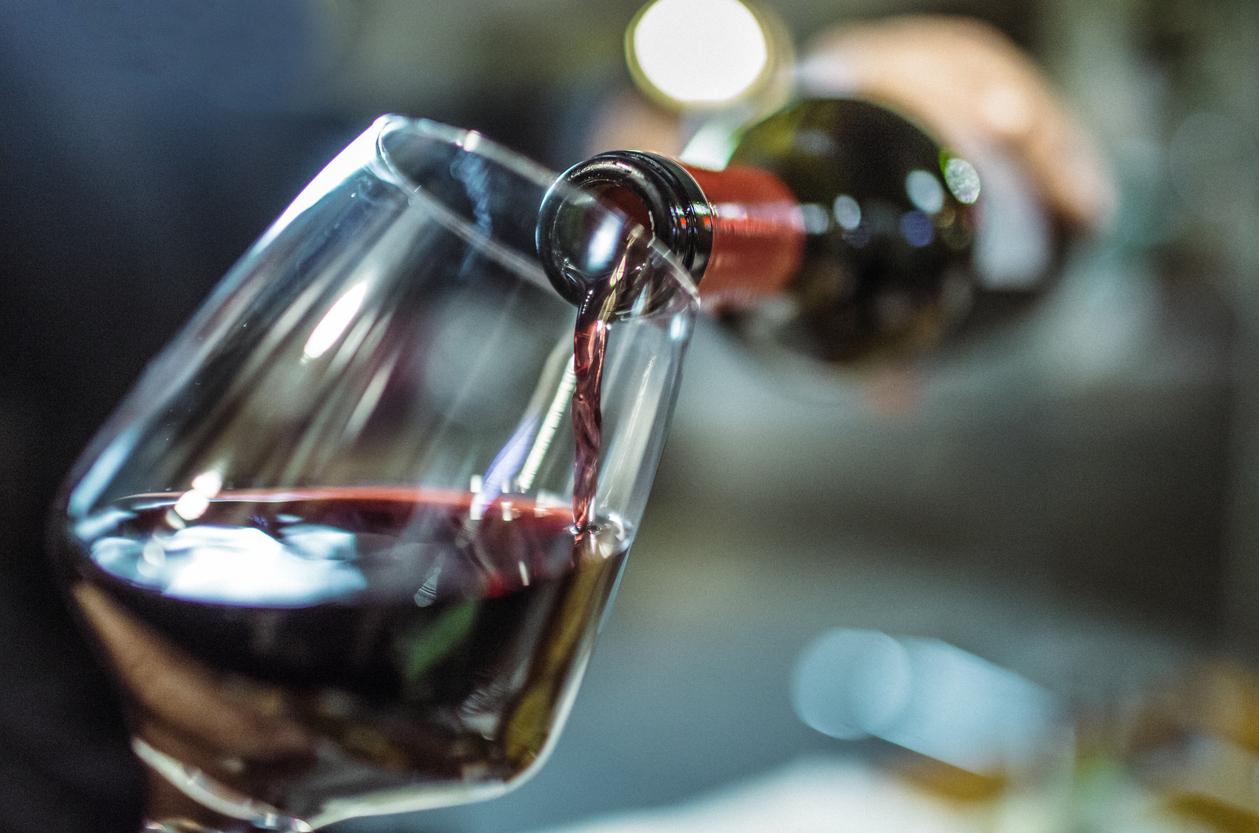Drinking wine engages more of your brain than solving maths problems, find scientists
It requires "exquisite control of one of the biggest muscles in the body”

Your support helps us to tell the story
From reproductive rights to climate change to Big Tech, The Independent is on the ground when the story is developing. Whether it's investigating the financials of Elon Musk's pro-Trump PAC or producing our latest documentary, 'The A Word', which shines a light on the American women fighting for reproductive rights, we know how important it is to parse out the facts from the messaging.
At such a critical moment in US history, we need reporters on the ground. Your donation allows us to keep sending journalists to speak to both sides of the story.
The Independent is trusted by Americans across the entire political spectrum. And unlike many other quality news outlets, we choose not to lock Americans out of our reporting and analysis with paywalls. We believe quality journalism should be available to everyone, paid for by those who can afford it.
Your support makes all the difference.Drinking wine is the ideal workout for your brain, engaging more parts of our grey matter than any other human behaviour, according to a leading neuroscientist.
Dr Gordon Shepherd, from the Yale School of Medicine, said sniffing and analysing a wine before drinking it requires “exquisite control of one of the biggest muscles in the body”.
When the drinker swirls the liquid around their mouth, the tongue’s intricate muscles are put to work along with thousands of taste and odour receptors.
The overall process engages the brain more than listening to music or solving a difficult maths problem, he claims.
Dr Shepherd has spent years studying how the human brain processes flavour, and says his research shows that taste is a lot more subjective than previously thought.
He said more attention should be paid to the drinker than the wine, because everyone uses their own frame of reference to process taste, which is “heavily dependent on our own memories and emotions and those of our companions” at the time.
Additional factors are also involved, such as the composition of the drinker's saliva, as well as their age and gender.
In his new book Neuroenology: How The Brain Creates The Taste of Wine, he concluded: “The taste is not in the wine; the taste is created by the brain of the wine taster.”
And while it's typical during wine tasting sessions to spit out wine into a bucket, Dr Shepherd said swallowing is a key part of the tasting process.
But he cautioned against overdoing it, saying after a few sips “people are just downing the stuff. If you take too large a sip, you’ve saturated your system.”
Drink too much of the stuff and your brain will be strained in a whole different way - by an awful hangover.
Join our commenting forum
Join thought-provoking conversations, follow other Independent readers and see their replies
Comments